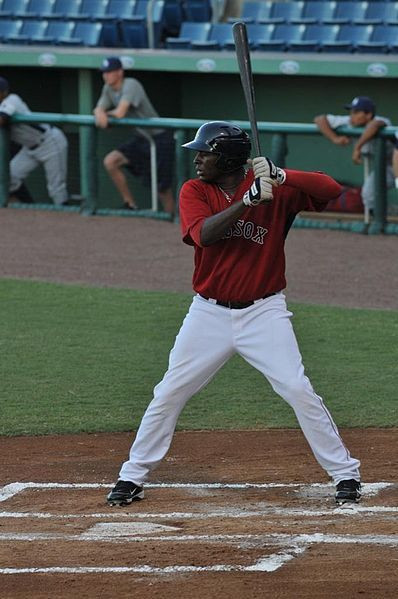Lack Of Sleep And Hectic Schedules Impact Baseball Players' Performance And Longevity

Sleep, or lack of it, can have an important impact on anyone's day to day lives. But for athletes, getting a good night's rest is of the utmost importance in order to have energy for a game the next day. According to two new studies, there may be a link between Major League Baseball players' lack of sleep, their longevity in the league, and a decline strike-zone judgment toward the end of the season.
In one study, researchers found that strike-zone judgment of players on 24 of the 30 teams worsened during the 2012 season from April to September. They looked at all 30 teams' swings outside of the strike zone by month, and compared judgment between the first and last month of game play. What's more, their findings are supported by data from the 2006 to 2011 seasons, which found the same decline, according to a the American Academy of Sleep Medicine.
"Once again in 2012, performance in strike-zone judgment was significantly worse at the end of the season, suggesting worsening vigilance and possible fatigue effect," Scott Kutscher, assistant professor of sleep and neurology at Vanderbilt University Medical Center in Nashville, Tenn., said. "We theorize that this decline is tied to fatigue that develops over the course of the season due to a combination of frequency of travel and paucity of days."
Kutscher's study correlates with another one in which researchers found that the sleepier a player reported to be, the shorter their longevity in the league was.
Researchers asked players to rate how sleepy they were on the Epworth Sleepiness Scale, a questionnaire that asks participants to rate the probability they would fall asleep while engaging in eight different situations, ranging from sitting, reading, to being stopped in traffic.
The study found that as players' reports of sleepiness increased, their chances of being in MLB three years later decreased. Specifically, 72 percent of players who scored a five on the scale were still in the league three years later, compared to 39 percent of players who scored a 10, and 14 percent of players who scored a 15.
"We were shocked by how linear the relationship was," W. Christopher Winter, lead author of the study and medical director of the Martha Jefferson Hospital Sleep Medicine Center in Charlottesville, Va., said in the release. It is a great reminder that sleepiness impairs performance... What this study shows is that we can use the science of sleep to predict sports performance."
Kutscher believes teams can use the research to their advantage.
"Athletes take great care in what they eat and how they exercise to help with performance, and it makes sense for sleep to be included in those activities," he said. "It seems only natural that teams start to use sleep experts to maximize on-field performance."
He says that by a team "enacting fatigue-mitigating strategies, especially in the middle and late season," they can "gain a large competitive edge over their opponent."
"This may have already occurred, as the San Francisco Giants — an outlier in the study in that their [home] plate discipline improved during the 2012 season — went on to win the World Series."
Source:
Winter WC, Potenziano BJ, Pfeifer PE, et al. Predicting Major League Baseball (MLB) Player Career Longevity Via Sleepiness Measurements. Sleep. 2013.
Kutscher S, Song Y, Wang L, et al. Validation of a Statistical Model Predicting Possible Fatigue Effect in Major League Baseball. Sleep. 2013.
Published by Medicaldaily.com



























